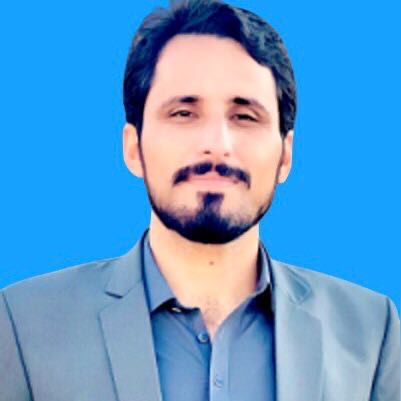
Abdul Waheed Wazir
The newly merged districts of Khyber Pakhtunkhwa, formerly known as the Federally Administered Tribal Areas (FATA), have undergone significant political and administrative changes in recent years. As the region transitions from a tribal era to a more formal system of government, it is essential to empower the youth to play their role in shaping the future. One critical aspect of this empowerment is the right to information.
The right to information is a fundamental human right, essential for citizens to make informed decisions and participate in the democratic process. In Pakistan, the Right to Information Act 2017 guarantees citizens’ access to information held by public bodies. However, in the newly merged districts, this right remains largely unexercised.
The denial of the right to information has severe consequences for the youth in these districts. It limits their ability to participate in the democratic process, makes them vulnerable to misinformation and propaganda, and hinders their capacity to hold their leaders accountable.
To empower the youth in the newly merged districts, it is crucial to unlock their right to information. This can be achieved through awareness campaigns, establishing information repositories, training government officials, encouraging whistleblower protection, and providing infrastructure and resources.
The benefits of unlocking the right to information for the youth in these districts are numerous. It will enhance their ability to participate in the democratic process, enable them to make informed decisions about their lives and communities, increase transparency and accountability in government, foster a culture of openness and civic engagement, and support economic development and social progress.
Empowering the youth in the newly merged districts requires unlocking their right to information. By removing barriers to access and promoting a culture of transparency, we can ensure that the next generation of leaders is equipped to build a more just and equitable society. The time to act is now.
The youth in the newly merged districts face significant challenges in exercising their right to information. Limited access to education and information, cultural and social barriers, and lack of infrastructure and resources hinder their ability to access information. Moreover, government officials often lack the training and willingness to provide information, and there is a pervasive culture of secrecy and fear of reprisal for speaking out.
To address these challenges, it is essential to establish a comprehensive framework for implementing the right to information in the newly merged districts. This framework must include awareness campaigns, training for government officials, establishment of information repositories, and protection for whistleblowers.
Awareness campaigns must be designed to educate the youth about their right to information and how to exercise it. These campaigns must be culturally sensitive and tailored to the specific needs of the region. Government officials must be trained to respond to information requests and provide accurate and timely information. Information repositories must be established to provide easy access to public records and information. Whistleblower protection must be ensured to encourage reporting of corruption and abuse of power.
To these measures, infrastructure and resources must be provided to support access to information. This includes establishing libraries, internet connectivity, and other facilities that enable the youth to access information.
The benefits of unlocking the right to information for the youth in the newly merged districts are numerous. It will enable them to participate in the democratic process, make informed decisions about their lives and communities, and hold their leaders accountable. It will also foster a culture of transparency and accountability in government, support economic development and social progress, and promote peace and stability in the region.






